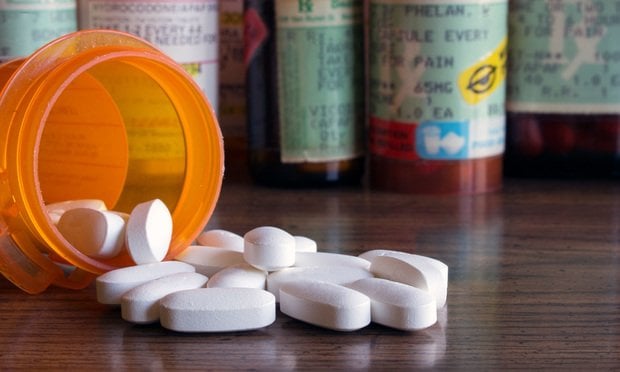 The tactic could also provide an end-run around an existing state law that makes it tough to bring suit against drug companies for drugs that have already won FDA approval.
The tactic could also provide an end-run around an existing state law that makes it tough to bring suit against drug companies for drugs that have already won FDA approval.
The state of Michigan has filed a lawsuit against McKesson Corporation, Cardinal Health Inc., AmerisourceBergen Corporation and Walgreens, charging them with creating the opioid crisis by flooding the market with pills and selling them without oversight that could have prevented their misuse.
According to the Detroit Free Press, the suit, filed in Wayne County Circuit Court under the Drug Dealer Liability Act, is the first by a state to sue drug companies as drug dealers. Municipalities have already taken such actions, but Michigan is the first state to do so.
Recommended For You
Complete your profile to continue reading and get FREE access to BenefitsPRO, part of your ALM digital membership.
Your access to unlimited BenefitsPRO content isn’t changing.
Once you are an ALM digital member, you’ll receive:
- Breaking benefits news and analysis, on-site and via our newsletters and custom alerts
- Educational webcasts, white papers, and ebooks from industry thought leaders
- Critical converage of the property casualty insurance and financial advisory markets on our other ALM sites, PropertyCasualty360 and ThinkAdvisor
Already have an account? Sign In Now
© 2025 ALM Global, LLC, All Rights Reserved. Request academic re-use from www.copyright.com. All other uses, submit a request to [email protected]. For more information visit Asset & Logo Licensing.








